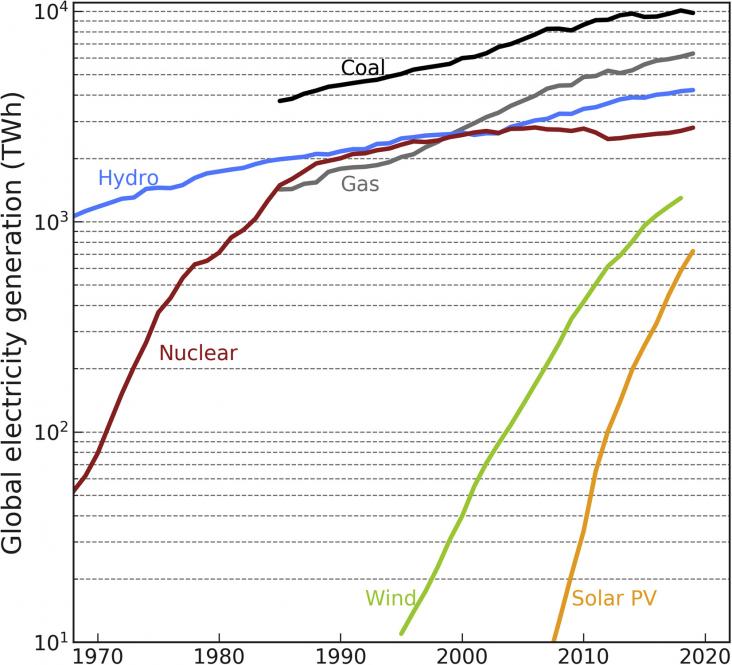
Globally, financial services are well positioned to contribute to the transformation needed for sustainable futures and will be critical for supporting corporate activities that regenerate and promote
This book chapter addresses SDG 13 and 15 by explaining an approach to environmental and human health risk from a systems perspective. It introduces exposure assessment methodologies, identifying failures of conventional methods. The chapter explains possible ways to augment them to address the large uncertainties in assessing and managing the risks to humans and ecosystems from chemicals and microbes.
Ostracod assemblages near the boundary between land and sea have been affected by multiple complex factors, such as regional climate and depositional and human-induced processes during the Late Holocene.
To mark World Environment Day 2021, RELX’s Global Head of Corporate Responsibility, Dr Márcia Balisciano, talks to Dr Dan Fiscus and Dr Brian Fath about this year's theme: Ecosystem Restoration.
Elsevier,
Climate Change Science, Causes, Effects and Solutions for Global Warming, 2021, Pages 223-246
This book chapter advances SDGs 9 and 13 by discussing how designing smart building technology to satisfy the net energy and water needs of a building provides an innovative technology for mitigating global energy, environmental, and climate vulnerability.

Thanks to fast learning and sustained growth, solar photovoltaics (PV) is today a highly cost-competitive technology, ready to contribute substantially to CO2 emissions mitigation.
Urban regions in sub-Saharan Africa are growing significantly more rapid than their also growing rural counterparts.
Over the years, chemical pre-treatments have been used intensively to maintain apple quality and reduce decay during postharvest.

Background: Coffee is of the most traded commodities in the world and its market has grown regularly over the last 150 years.

Food production on our planet is dominantly based on agricultural practices developed during stable Holocene climatic conditions.
